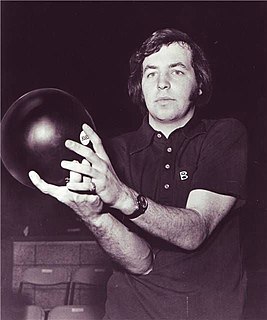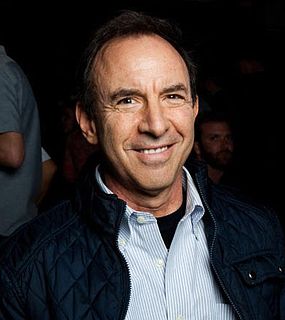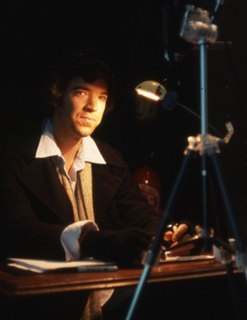A Quote by Kiesza
I tend to sort of dive into things without worrying about risk or anything. Like, when I get an idea, I tend to just go for it and see what happens.
Related Quotes
What do I mean when I say 'suspended animation'? It is the process by which animals de-animate, appear dead and then can wake up again without being harmed. OK, so here is the sort of big idea: If you look out at nature, you find that as you tend to see suspended animation, you tend to see immortality.
People tend to set themselves up in patterns; something happens, it hurts them, then something similar happens, and - it's happened again! It seems much bigger then, and they get worried and go through life looking for that thing, and because they're so concerned and looking for it, when anything that happens resembles that thing, they're sure it's happening again. So sometimes people think things are repeating even when they're not.
I read a ton of nonfiction. I tend to read about a lot of very extreme situations, life-or-death situations. I'm very interested in books about Arctic exploration or about doomed Apollo missions. I tend to read a lot of nonfiction that's sort of hyperbolic and visceral. And then I kind of draw on my own personal experiences and my own sort of generic life experience, and I kind of try to feed my day-to-day reality that I have with sort of high stakes reference points that I read about. They're things everyone can relate to.




































